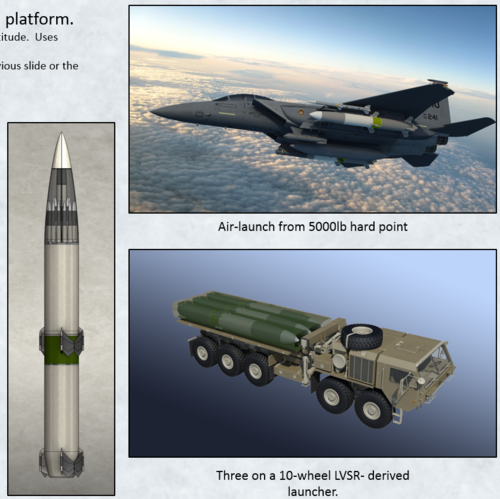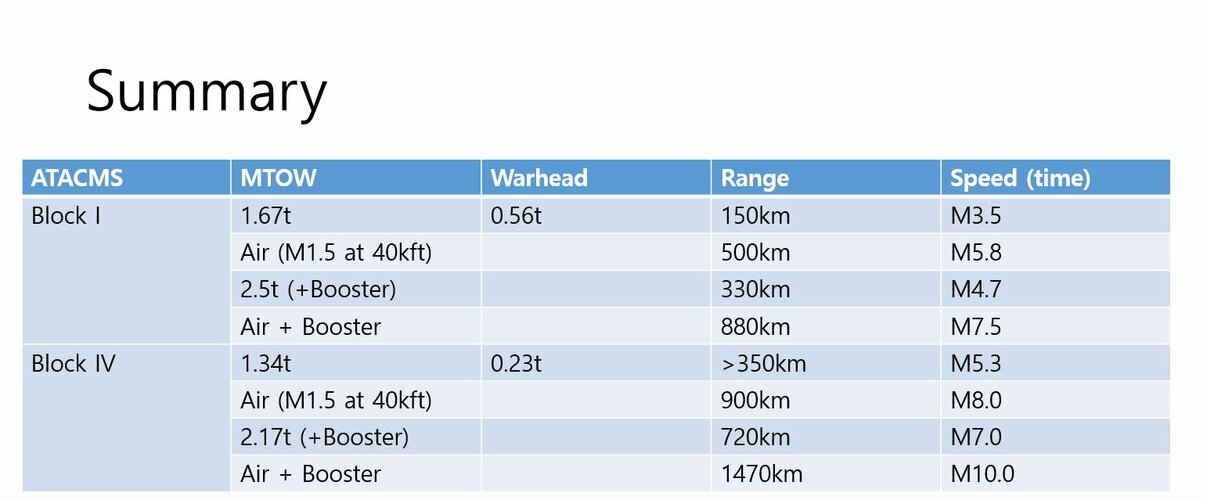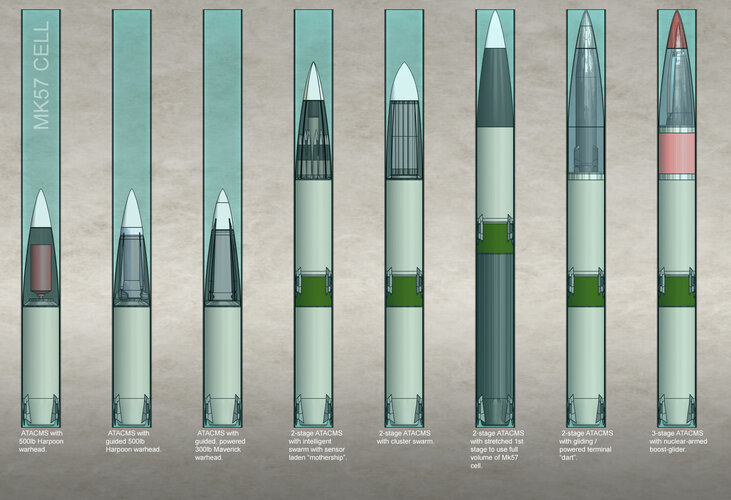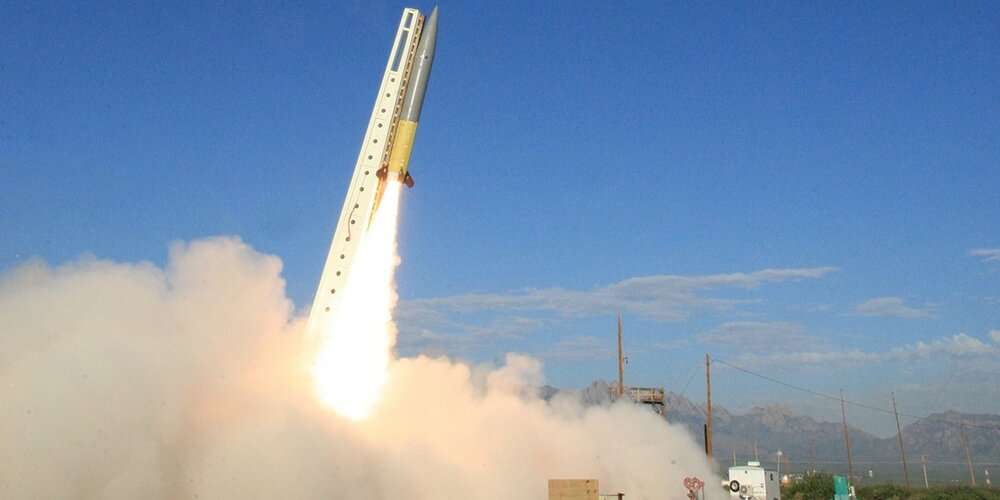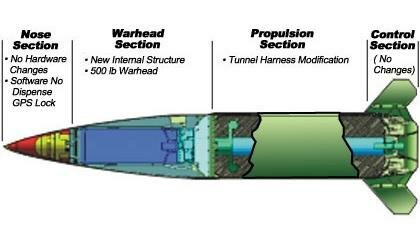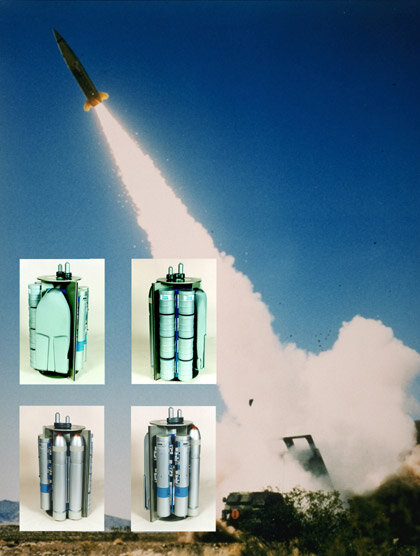Vought JTACMS (Joint Tactical Missile System) with F-16 model found on eBay.
Source:
http://www.ebay.com/itm/LARGE-F-16-JTACMS-Topping-Precise-Experimental-Version-Factory-Desk-Model-/182058153075?hash=item2a6382f473:g:E-UAAOSwx-9Wvs4h
Source:
http://www.ebay.com/itm/LARGE-F-16-JTACMS-Topping-Precise-Experimental-Version-Factory-Desk-Model-/182058153075?hash=item2a6382f473:g:E-UAAOSwx-9Wvs4h
Attachments
-
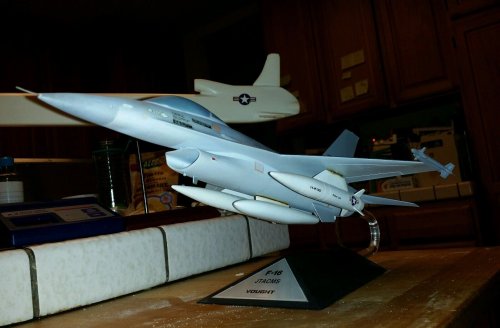 s-l1600.jpg155.4 KB · Views: 400
s-l1600.jpg155.4 KB · Views: 400 -
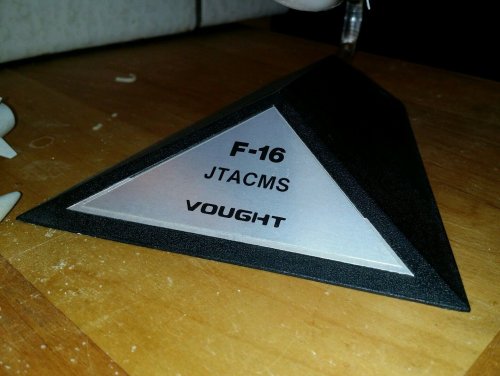 s-l1600i.jpg191.2 KB · Views: 213
s-l1600i.jpg191.2 KB · Views: 213 -
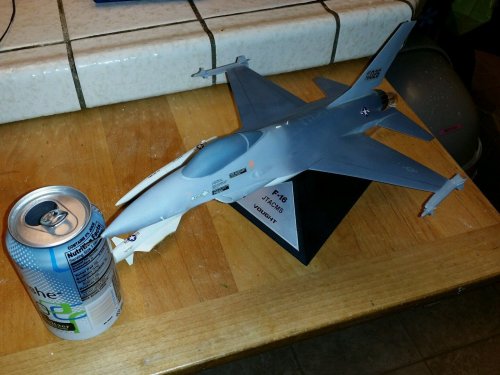 s-l1600h.jpg213 KB · Views: 245
s-l1600h.jpg213 KB · Views: 245 -
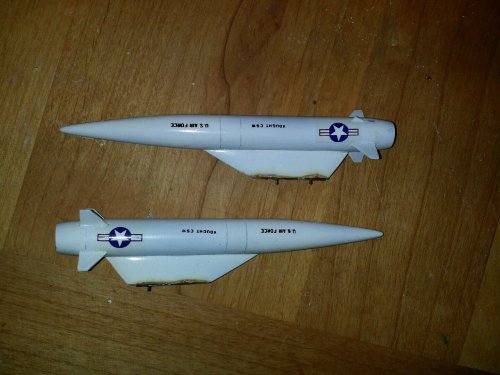 s-l1600g.jpg243 KB · Views: 246
s-l1600g.jpg243 KB · Views: 246 -
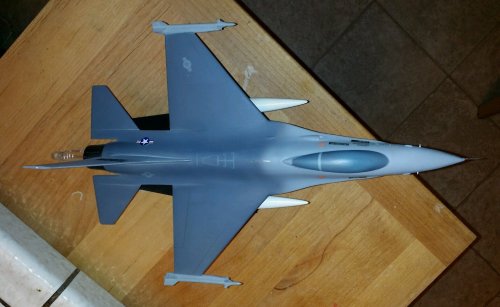 s-l1600f.jpg184.3 KB · Views: 248
s-l1600f.jpg184.3 KB · Views: 248 -
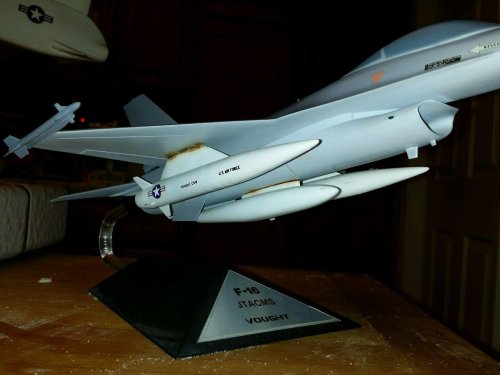 s-l1600e.jpg141.6 KB · Views: 294
s-l1600e.jpg141.6 KB · Views: 294 -
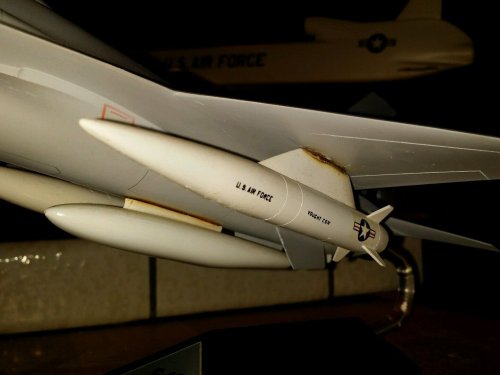 s-l1600d.jpg115.6 KB · Views: 308
s-l1600d.jpg115.6 KB · Views: 308 -
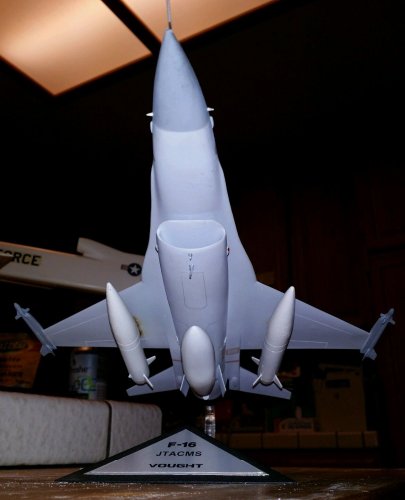 s-l1600c.jpg125.3 KB · Views: 293
s-l1600c.jpg125.3 KB · Views: 293 -
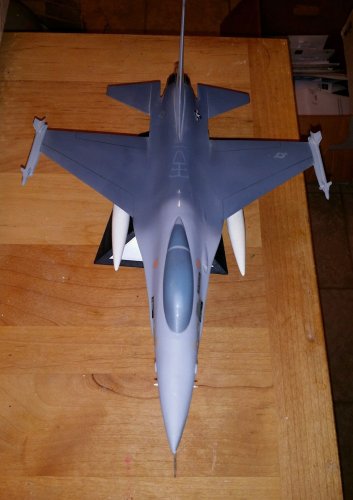 s-l1600b.jpg194.8 KB · Views: 355
s-l1600b.jpg194.8 KB · Views: 355

